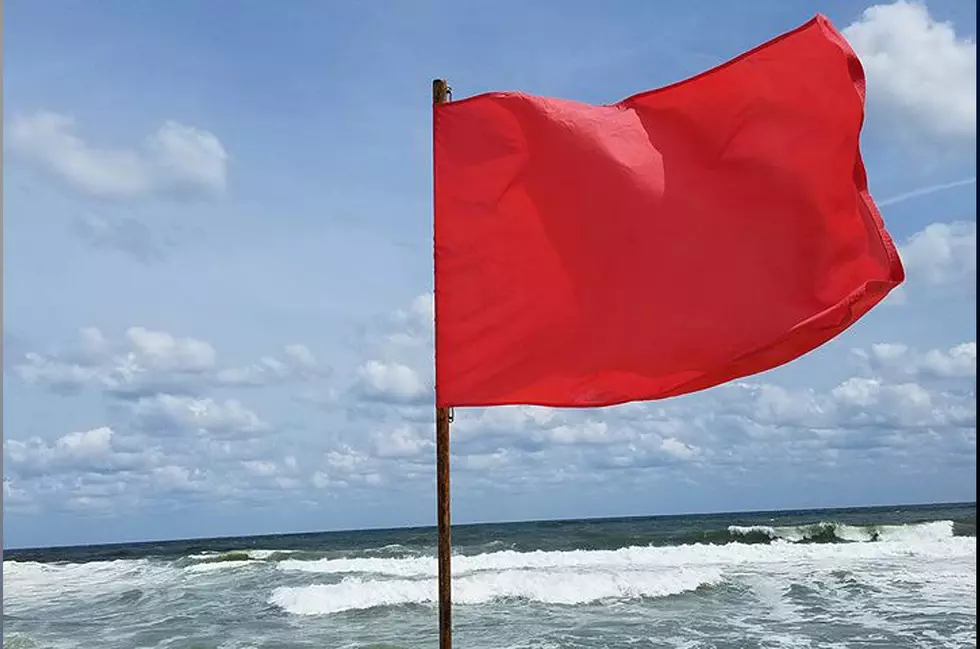
That’s No Jellyfish! LBI Lifeguards Find Potentially Deadly Man o’ War
A potentially deadly Portuguese man o' war washed up on the Harvey Cedars beach on Long Beach Island Sunday and swimmers should avoid them, an expert said.
The Asbury Park Press quotes Paul Bologna, a jellyfish expert and director of Marine Biology and Coastal Sciences Program at Montclair State University as saying, "They're very, very dangerous, very painful sting, in some cases, they can be life-threatening."
The Harvey Cedars Beach Patrol posted information about the wash-up on its Facebook page and Twitter Sunday.
"This morning we found a Portuguese man o' war washed up on the beach," the beach patrol said in the Facebook post. "When the wind is coming from the northeast, warm water from the Gulf Stream comes to shore. With the warm water, often comes seaweed & critters from down south. Always be aware of your surroundings in the ocean & always swim near a lifeguard."
The Portuguese man o' war lives at the surface of the ocean. The gas-filled bladder remains at the surface, while the remainder is submerged. Since the Portuguese man o' war has no means of propulsion, it is moved by a combination of winds, currents, and tides.
The creature has a pink or purple gas-filled float and numerous, long tentacles. The float grows up to 6 inches and the tentacles grow from 10 to 30 feet long.
Symptoms of man o' war stings include: abdominal pain, changes in pulse, chest pain, collapse, headache, muscle pain and muscle spasms, numbness, a raised red spot where stung, runny nose and watery eyes, swallowing difficulty and sweating, according to the National Library of Medicine. Portuguese man o' war stings are rarely deadly, but victims should seek immediate medical attention.
Experts think the box jellies — extremely rare in New Jersey — may have ridden the Gulf Stream north and a storm or winds may have steered them toward the Jersey Shore.
More From Lite 96.9 WFPG









